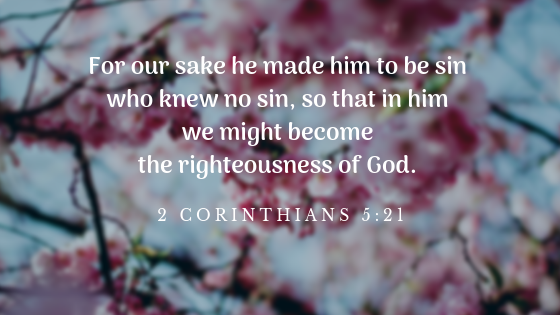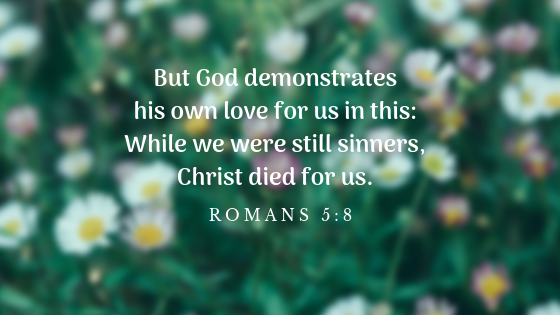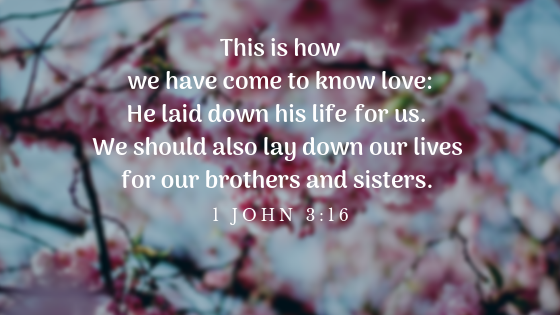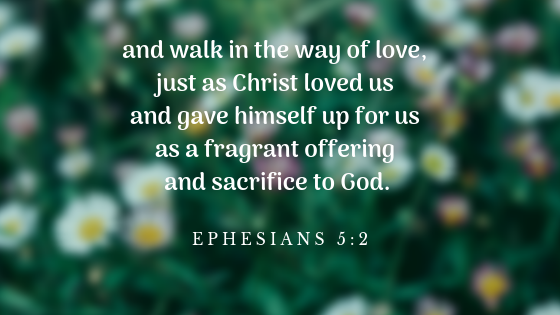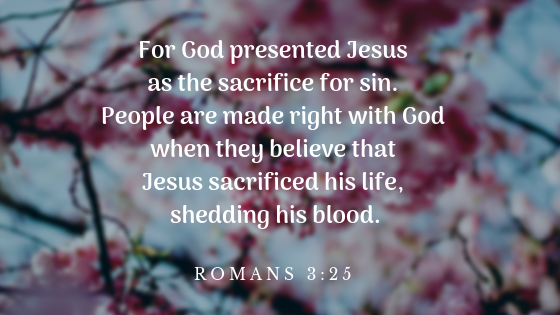Be of Good Cheer: Hope for Recovery
Be of Good Cheer: Hope for Recovery
These things I have spoken to you, that in Me you may have peace. In the world you will have tribulation; but be of good cheer, I have overcome the world.” John 16:33 NKJV
Hurricanes and Other Disasters
With the descent of Dorian, hurricane season has launched, tossing its mighty winds and roaring waters through our mind’s eye, arousing fears of future devastation and memories of past disasters.
It’s been about fifteen years since Hurricane Ivan wreaked its havoc on our hometown, Pensacola, Florida, leaving a morass of blue roofs in its wake.
- Fifteen years since…
- The fall our children and I lived with my mom in Atlanta for three long weeks.
- The weeks my husband sweated through a restless sleep at our home and rode his bicycle to the hospital for work.
- The year I entitled our Christmas letter: “living in a landscape of loss.”
Recovery
It’s been so long ago now that the primary impact has faded, and we’re left mainly with the memories, the funny (now) stories of how our fifteen year old son, who had only had his learner’s permit for a month, drove my mom and our other children to Atlanta to evacuate because I was away for a grad school class. The story of my husband riding his bike home after the storm, stopping to climb over piles of trees blocking the road, finally arriving at our home, only to realize he had left his house keys in his car at the hospital. We can laugh now. I guess you could say we’ve recovered from Hurricane Ivan.
We’ve recovered. But some never did. Some lost homes, businesses, even families to the disaster. They may have found a new home or started a new business, but the heartache of the catastrophe lingers. Maybe you haven’t been hit by a hurricane; maybe it was a divorce, a sudden revelation of a spouse’s affair. Maybe you were slapped with a devastating cancer diagnosis. Or maybe your 23-year-old just disclosed that she “identifies” as transgender.
The hard reality is that many of the disasters we face in our lives deal us losses we may never fully recover from. What are we to do? How can we live in a world in which some losses will never be recouped?”
Hope
Jesus, in his final discussion with his disciples, anticipated this question. Shortly before his brutal crucifixion for a made-up crime, he prepared his followers for the disasters that mark life in a fallen world:
“In the world you shall have tribulation, but be of good cheer, for I have overcome the world.”
Many of us in western culture struggle to understand Jesus’ words, because our culture wants us to believe a lie: that the world is good, and that the things in it are here to make us happy. The message of the Bible contradicts this lie: humans were created “very good,” in the image of God, but when the first humans, Adam and Eve, tried to take things into their own hands, tried to steal glory from God, life on this earth unraveled. Now, every human comes into this world seeking to satisfy self (Psalm 51:5). Now, in this fallen world, creation groans, and we groan along with it. (Romans 8:23).
Thankfully, the story didn’t end there, with a weeping creation that would never fully recover. It didn’t end there with selfish human beings who would never learn how to love others and love God again. Thanks be to God.
And that is what Jesus is trying to explain to his disciples. It’s okay, he assures them. Yes, in this world, on this earth, you will suffer. I’m teaching you how to live in my world, my kingdom. Not only that, when I die and am raised again, you will have the resurrection power to live a different life, a new life, to recover some of what was lost in the fall. You will still struggle; you will still suffer, here on this earth. That’s okay. That’s to be expected. But if you remember these things I have told you, you will have peace. Not only that, you can be “of good cheer,” “take courage,” “not be afraid,” “take heart,”
Because “I have overcome the world.”
One day, not yet, but “soon,” I will come back. And I will take you to live with me in a new world, the world you were really made for. In that day, all of the pain, the pain of being betrayed by the one you gave your heart to, the pain of seeing your home ravaged by a storm or flood or fire, the pain of losing the business your grandmother built…all that sorrow will be washed away. All the sin—the clawing to get your own way, the clashing against loved ones over small differences, the clinging to things you think will satisfy you—it will be over. Overcome. Defeated. By me, your King. Love, Jesus.
There is something better that awaits. It is not recovery. It is restoration. It is renewal. It is reunion. It is reconciliation. Cheer loudly and long. Jesus has overcome the world.
Photo by John Middelkoop on Unsplash

